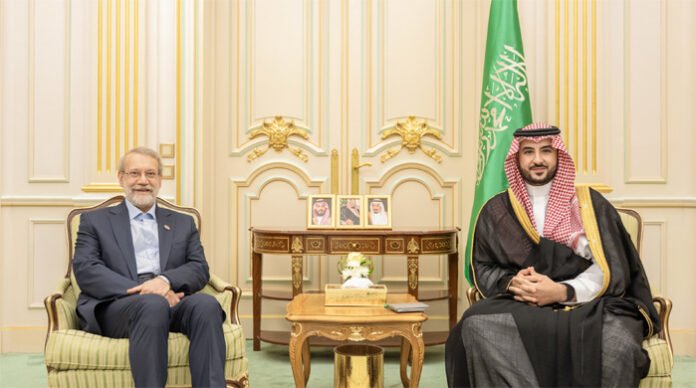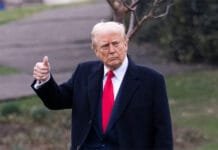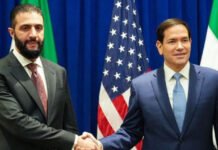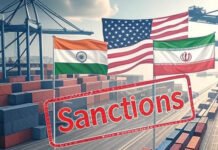Tehran, Sept 28:
On the anniversary of Hezbollah leader Hassan Nasrallah’s assassination, Iran’s Supreme National Security Council chief, Ali Larijani, urged regional countries to set aside differences and unite against Israel’s strategies.
Larijani’s Appeal for Regional Cooperation
Speaking in Tehran on Saturday, Larijani said:
Israel’s “plots” pose a threat to the entire region.
Countries must put aside disputes and cooperate against common challenges.
He welcomed Hezbollah leader Naim Qassem’s initiative to renew ties with Saudi Arabia, calling it a “step in the right direction.”
Hezbollah and Iran’s Support Base
For over four decades, Iran has been Hezbollah’s main political, financial, and military supporter.
Tehran has provided Hezbollah with weapons and funds, enabling it to grow into one of the Middle East’s most powerful militant groups.
However, Hezbollah has suffered heavy losses during the ongoing 14-month conflict with Israel, including the deaths of several senior commanders.
Recent Israeli Strikes on Iran and Allies
In June 2025, Israel launched airstrikes inside Iran, destroying a ballistic missile warehouse and killing key commanders, weakening Iran’s air defenses.
Earlier this month, Israeli forces also targeted the headquarters of Hamas’s political leadership in Qatar, intensifying regional tensions.
Hezbollah and Saudi Arabia’s Shared Stance
Larijani emphasized that Saudi Arabia and Hezbollah share a common enemy in Israel, despite their historic differences.
He warned that Iran would retaliate strongly if Israel carried out further attacks.
Iran, he said, is prepared for all possible scenarios.
Strategic Message from Iran
Larijani’s speech delivered a broader strategic signal:
Iran wants to expand cooperation with regional partners.
Political differences must be secondary to collective security priorities.
The message reinforced Tehran’s role as a key player in regional security architecture and its anti-Israel strategy.
✅ In summary: On Hezbollah’s martyrdom anniversary, Iran renewed its call for regional unity against Israel, signaling deeper cooperation with allies like Hezbollah and a cautious opening towards Saudi Arabia.
















